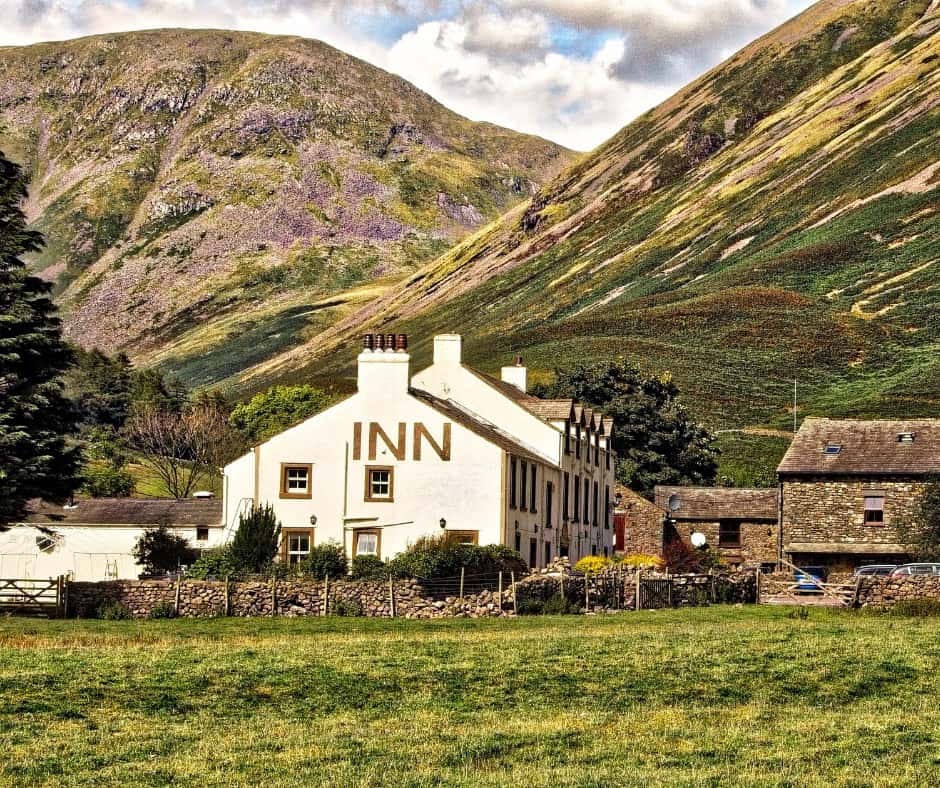Rural leisure and hospitality sector to be penalised in decarbonisation plans
Over 100,000[1] off-grid businesses will be unfairly penalised if government proposals to enforce electric heat technologies in rural areas, are passed.
In a move to decarbonise rural heating, the government’s heat and buildings strategy plans to phase out fossil fuel heating systems in thousands of off-grid businesses and 2 million homes in England, from 2026 – nine years earlier than for those on England’s main gas grid.
Instead, pubs, hotels and holiday properties that rely on traditional fuels such as heating oil and LPG, for space heating or hot water, will be forced to install electrified technologies with expensive up-front install costs, such as heat pumps, if their current system breaks down.
A commercial heat pump could cost up to £33,000[2] to install where building insulation or efficiency upgrades are needed. Studies show that 48% of non-domestic retail businesses were built pre-1949, and many have an energy rating of D or below, suggesting levels of thermal insulation are low.
Trade association Liquid Gas UK, which represents companies in the liquified petroleum gas industry, say a blanket approach to the decarbonisation of rural heat fails to consider the complex needs of rural businesses.
“The rural hospitality and leisure sector relies heavily on traditional fuels for heating and hot water, and their energy needs are complex,” says Sophia Haywood, director of public affairs at Liquid Gas UK. “Not only will this affect business owners, but also the wider community which relies upon tourism for income.
“While the rural hospitality and leisure sector recovers from the impact of Covid, these unexpected costs would have a significant, and in some cases detrimental, impact on cashflow, particularly for smaller businesses,” says Miss Haywood. “Rural businesses deserve to be treated fairly and have a choice over how to heat and power their buildings.”
Miss Haywood says the government should offer a range of options, including LPG and bioLPG, to support net zero ambitions. She adds that in support of the government’s plans for transition to net zero, the LPG industry has committed to being 100% renewable by 2040.
“LPG is the lowest carbon and most efficient transitional fuel for most rural businesses, and can be used alone or alongside heat pumps as a hybrid energy system. Renewable bioLPG is also already available and can be ‘dropped in’ to existing LPG systems,” Miss Haywood says.
The government’s heat and buildings strategy closed for consultation earlier this year, and a decision on the future of off-grid energy in off-grid businesses and homes is expected in autumn 2022.
[1] Phasing out the installation of fossil fuel heating systems in businesses and public buildings off the gas grid (publishing.service.gov.uk)
[2] DOC60193EF45014F.pdf (liquidgasuk.org) – page 16, ‘Rural pub case study’

